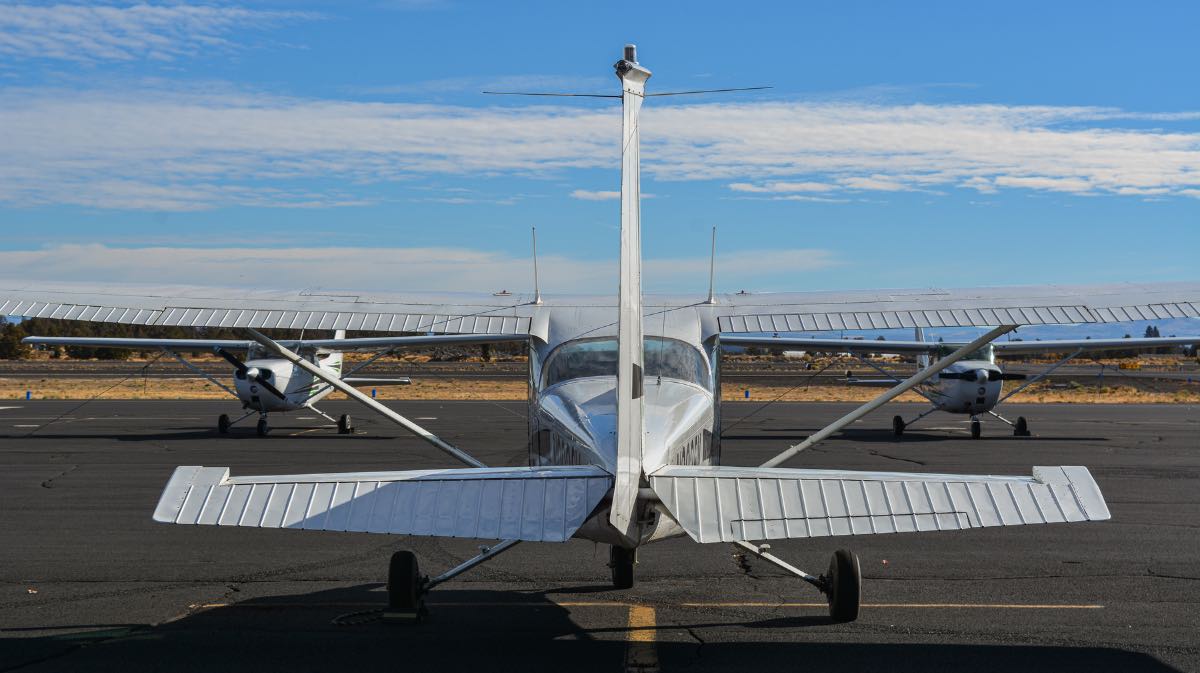Entering the world of aviation involves making informed decisions about which pilot path best aligns with your career or hobby aspirations. Navigating through the different types of pilot certificates can be complex, but understanding each will help you choose the right path. Here, we will explore these options, shedding light on their key differences, requirements, and the unique opportunities they present.
Types of Pilot Certificates: What Are Your Options?
Becoming a pilot starts with understanding the different certificates available and what each entails. Each type of certificate serves a unique purpose and requires a specific level of skill, training, and commitment.
Private Pilot Certificate (PPL)
The Private Pilot License (PPL) is the most common starting point for aspiring pilots. A PPL certificate allows you to fly an aircraft for personal and recreational purposes rather than for paid operations. To obtain a PPL, you must complete a minimum of 40 flight hours. This includes 20 hours of training with an instructor and 10 hours of solo flights. Applicants must also pass a written examination, a practical flying test, and a medical examination.
Commercial Pilot Certificate (CPL)
For those looking to turn their passion for flying into a career, the Commercial Pilot License (CPL) is the next step. This certification allows you to operate aircraft for compensation or hire. Requirements include at least 250 flight hours, which encompass a range of flying conditions and maneuvers. Additionally, passing both written and practical exams is necessary to demonstrate your advanced knowledge and flying skills.
Airline Transport Pilot Certificate (ATPL)
The top level of certification is the Airline Transport Pilot License (ATPL), which is required to fly as a captain or first officer in commercial airlines. To qualify for an ATPL, a pilot must have at least 1,500 flight hours, including time flown under various conditions. This certificate also requires passing rigorous theoretical exams that cover a broad spectrum of aviation topics.
Certified Flight Instructor Certificate (CFI)
For those who enjoy teaching, becoming a Certified Flight Instructor offers the opportunity to train aspiring pilots and share your knowledge and passion for flying. This certificate allows you to provide training for primary and advanced certificates and endorsements. Requirements for a CFI certificate include holding at least a CPL and passing additional written and practical exams specifically focused on instructional techniques and communication skills.
Specialized Ratings and Endorsements
Beyond the primary types of pilot certificates, some specialized ratings and endorsements allow pilots to operate various types of aircraft and in various conditions. These include Instrument Ratings (IR), which qualify pilots to operate under Instrument Flight Rules (IFR); Multi-Engine Ratings, which allow pilots to operate aircraft with more than one engine; and type ratings, which are required for flying specific aircraft models.
Choosing the Right Path For Your Career in Flight
Selecting the right type of pilot certificate depends largely on your ultimate goals. If flying is a hobby, a Private Pilot License might suffice. However, if you envision a career in the skies, progressing through Commercial and Airline Transport Pilot Licenses will open up numerous professional opportunities.
Industry demands and personal circumstances also play a significant role in this decision. For instance, those who prefer flexible schedules may find being a flight instructor or a corporate pilot more appealing than flying with commercial airlines.
Charting Your Aviation Course
Understanding the different types of pilot certificates is important for anyone looking to embark on or advance in a flying career. Each certificate and rating opens new avenues and opportunities tailored to different interests and career aspirations.
Leading Edge Flight Academy is committed to guiding you through each step of your aviation journey, ensuring you make the best decisions based on your personal and professional goals. Whether you aim to fly for leisure or aspire to captain large commercial jets, knowing the options available can help chart a course to your dreams in the aviation world.
